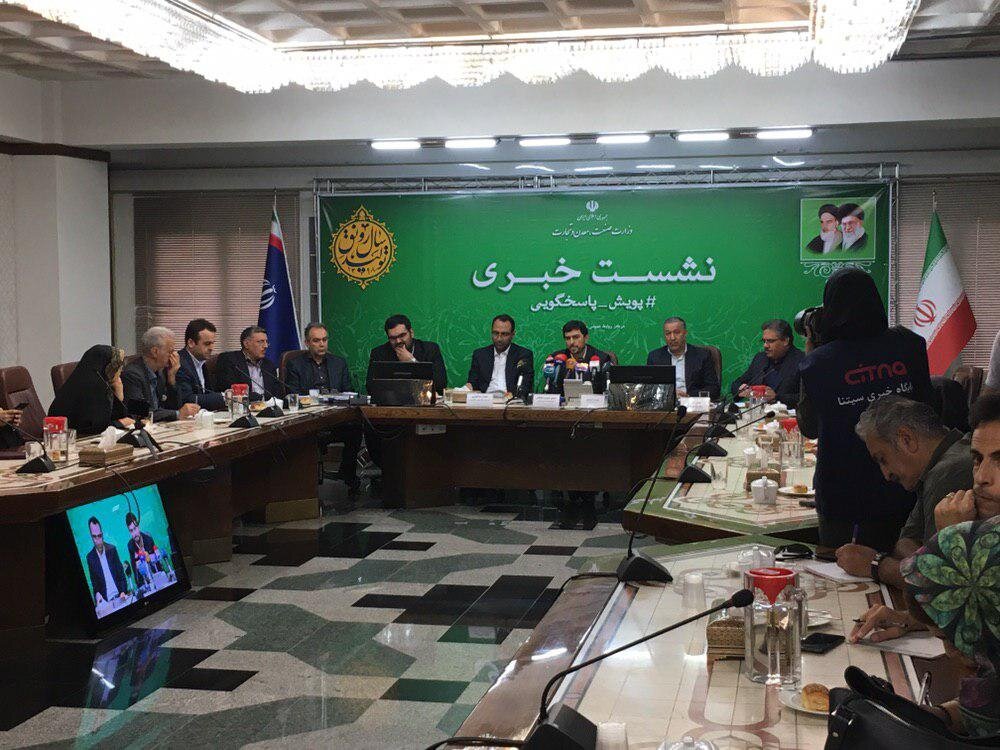Iran to increase commercial attachés in region

TEHRAN – Iran’s new deputy industry minister in trade affairs, Hossein Modares Khiabani, said following the government’s policies for increasing the country’s trade with the neighbors, 10 new commercial attachés are going to be sent to neighboring countries.
Currently Iran has commercial attachés in five of its neighboring countries including Armenia, Afghanistan, Iraq, Turkey and Pakistan and will “increase the number to fifteen to have attachés in all the neighboring countries.”
Asked by Tehran Times about the new deputy office’s plans for boosting foreign trade, Modares noted that the trade deputy of the industry ministry will be following two major policy lines, one is managing the domestic market to control the balance of the supply and demand of basic goods and to prevent inflation and the second is to increase the country’s foreign trade, especially exports.
“Encouraging exports is not, in any way, in contrast with domestic market management, in fact it will consequently encourage production and leads to an independent and active economy,” Modares said.
The official stressed the fact that his office will take all necessary measures to support non-oil exports and to control imports to limit them to the commodities which can’t be produced inside the country.
According to the official, during the past Iranian calendar year (ended on March 20, 2019) the industry ministry banned imports of some commodities into the country to support domestic production.
In June 2018, the minister ordered forbidding imports of 1,339 kinds of goods, classified in four groups, since they had similar domestic rivals.
Earlier this month, 148 new commodities were also added to the ministry’s black list to rise the number of such items to 1487.
Some banned products include home appliances, textile products, footwear and leather products, furniture, healthcare products, some machineries and etc.
According to Modares, implementation of such limiting rules for goods which can be produced inside the country could prevent outflow of billions of dollars.
“Following such imports limiting policies, the country’s imports fell 22 percent in the past Iranian calendar year of 1397 compared to its preceding year,” he said.
Modares further mentioned some of other programs that the deputy trade office will follow in order to increase foreign trade, including exchanging trade delegations, holding exhibitions, registering trade marks in the neighboring countries, supporting the country’s private sector and the companies which are active in the exports area.
Elsewhere in his remarks the official noted that the new deputy of trade, which has been defined recently in the ministry of Industry, Mining and Trade, is going to cover the trade aspects of this industry and it is provisioned to have various organizations and institutions under order.
According to Modares, Export Guarantee Fund of Iran (EGFI), Institute for Trade Studies and Research, E-commerce Center, Iran National Carpet Center, Iran Trade Promotion Organization (TPO), Government Trading Corporation of Iran, and Iran's state feed agency SLAL are going to be under this deputy office.
As for managing the domestic market, the official noted that the ministry would focus on three major aspects of supply, distribution and supervision.
The official noted that the ministry has defined a list of 100 commodity items which includes basic goods and major commodities which are needed in people’s everyday life, in order to focus on managing the market based on the supply and demand of these priority items.
“Even steel, cement, household appliances, and animal feeds are placed alongside other basic goods in this list,” he said.
Modares further stated that his office will closely supervise the market in all steps of the way including supply and distribution, to make sure that the people’s needs are met and the inflation is controlled.
EF/MA
